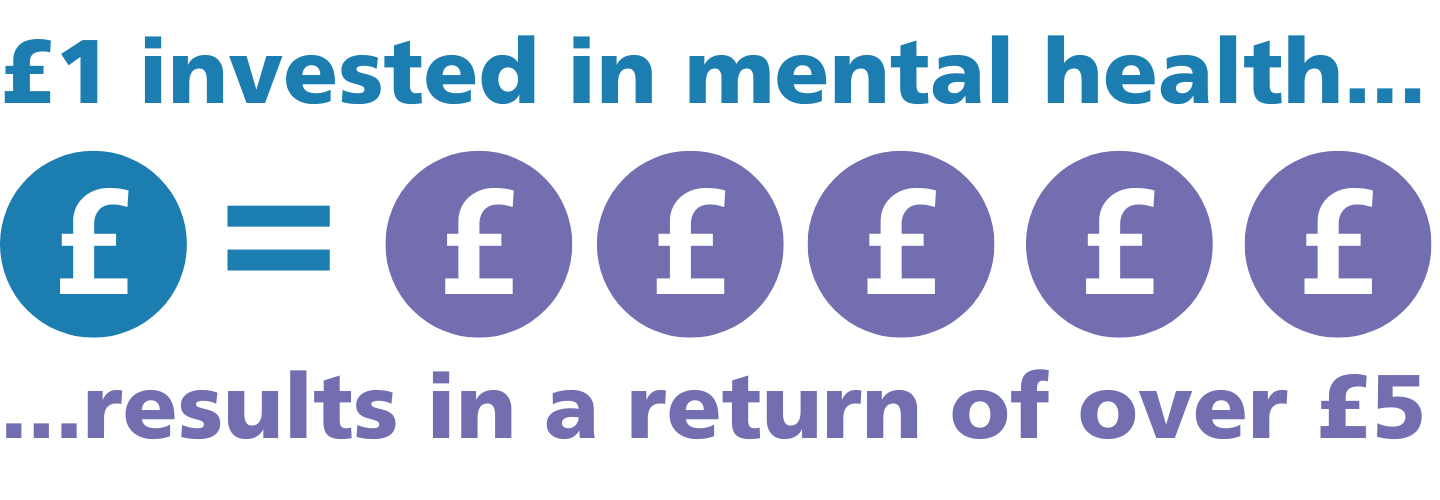Put simply, the labour market’s ability to contribute to business performance and economic growth will require efforts to support inactive workers into work, or return to work, and for workers to remain in work. Also, that work must be ‘good work’, meaning it is safe, healthy, accommodating and sustainable – supporting workers to be engaged and productive.
Organisations whose safety and health culture is counter to positive mental health can suffer a range of adverse outcomes, including:
- reduced productivity
- more safety incidents
- increased sickness absence
- increased staff turnover and skills loss
- recruitment challenges and costs
- reputational damage
- risk of litigation
- loss of competitive advantage.
To prevent and reduce the damage that these outcomes cause to organisations, individuals and the economy, the OSH Alliance is calling on all businesses to assess and review critically their safety and health leadership and commitment, strategy and culture, to improve the health of their employees and their operations.
In its 2022 report, Mental Health and Employers, Deloitte estimated that for every £1 invested in addressing mental health issues, businesses could see a £5.30 return. The report went on to outline that early and organisation-wide interventions, such as cultural change and raising awareness of mental health issues, had the highest return on investment at £5.60 for every £1. More reactive interventions, where support is only provided after a worsening of an employee’s mental health, returns £3.40 for every £1.

Rather than seeing interventions as a cost, we must look at the action taken by organisations as an investment. We can see clearly there is a business case for investment in measures which support the mental health of employees, with a focus very much on prevention rather than just cure.

